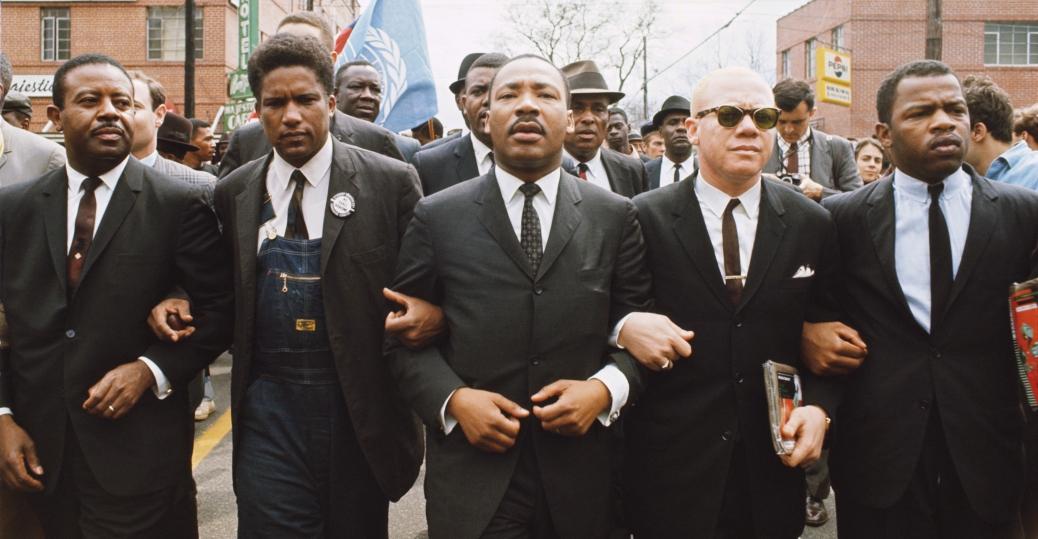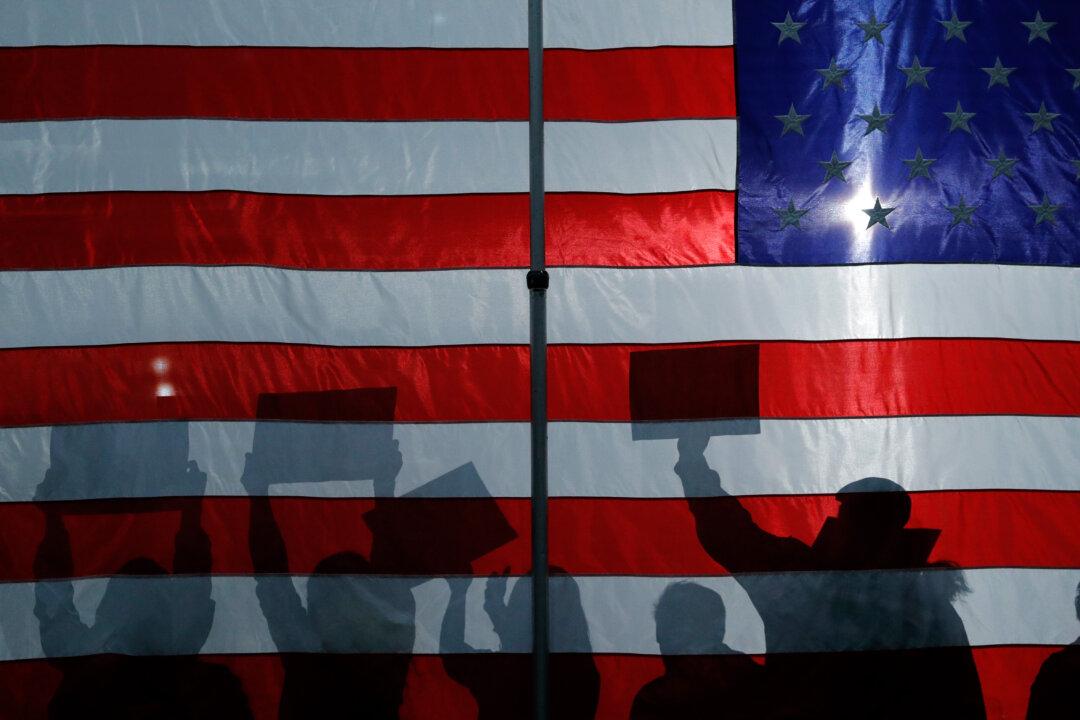Commentary
As the nation takes off work and school for the Martin Luther King Jr. holiday on Jan. 21, some will justly remember his famous “I Have a Dream” speech delivered in the shadow of the Lincoln Memorial. Delivered to hundreds of thousands of civil-rights supporters, that speech became the kind of cultural touchstone that comes to summarize a movement and sinks into society in a way that unites people.





